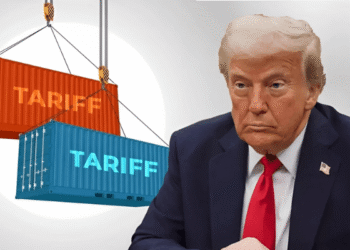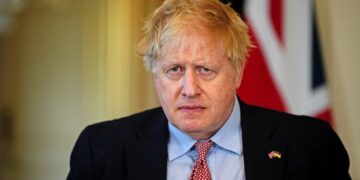The World Bank has raised concern that even after months of policy reforms, millions of Nigerians are still battling poverty, It said that 139 million Nigerians remain poor despite reforms.
A figure that shows how slow the impact of government actions has been on ordinary people.
While the government celebrates economic stability and a stronger naira, many Nigerians can’t feel it in their pockets. Prices are high, jobs are scarce, and basic survival is tougher than ever. The reforms may have worked on paper, but the people are still stuck in pain.
Reforms Without Relief
According to the World Bank Country Director, Mathew Verghis, Nigeria has taken bold steps by adjusting fuel subsidies and unifying the exchange rate. These, he said, were important foundations for long-term growth. Yet, in the real world, those foundations haven’t built comfort for the citizens.

He noted that despite reforms, Nigeria’s poor population has jumped from 129 million in April to 139 million, showing that progress in the economy has not reached the people. For those who live on daily wages, every policy shift feels like another wave pushing them under.
Verghis warned that if these gains do not translate into food on the table, the supposed success will become meaningless. The gap between economic numbers and real lives keeps getting wider, and the people are losing faith that things will ever get better.
Inflation Still the Silent Killer
The World Bank report made it clear that inflation remains the biggest threat. Food prices keep rising, and for many households, a plate of rice now feels like a luxury. Verghis explained that inflation is what keeps poverty growing even when the government claims progress.
He added that until Nigeria reduces inflation, strengthens social protection, and makes its spending transparent, reforms will continue to benefit only the rich. A nation cannot claim success when its citizens are still counting peanuts to buy bread.
Promises or Progress?
Many Nigerians now see reform as just another government slogan. The World Bank said that while the country has achieved “stabilisation,” stability means little if people are still going hungry. Leaders love to talk about figures, but people want to feel results.
Verghis called on the government to turn its focus from policy papers to actual people, to make reforms work for the market woman, the teacher, and the struggling graduate. The point of reform is not to impress foreign investors, it’s to change lives at home.
A Warning with a Mirror
The World Bank’s warning that 139 million Nigerians remain poor despite reforms goes beyond being a statistic, it’s a display of misplaced priorities.
The Leaders stop using reforms as a cover for failure, nothing will change. Real reform is not about figures and charts, it’s about faces and families. Nigeria doesn’t need perfect numbers, it needs people who can finally afford to live.

















